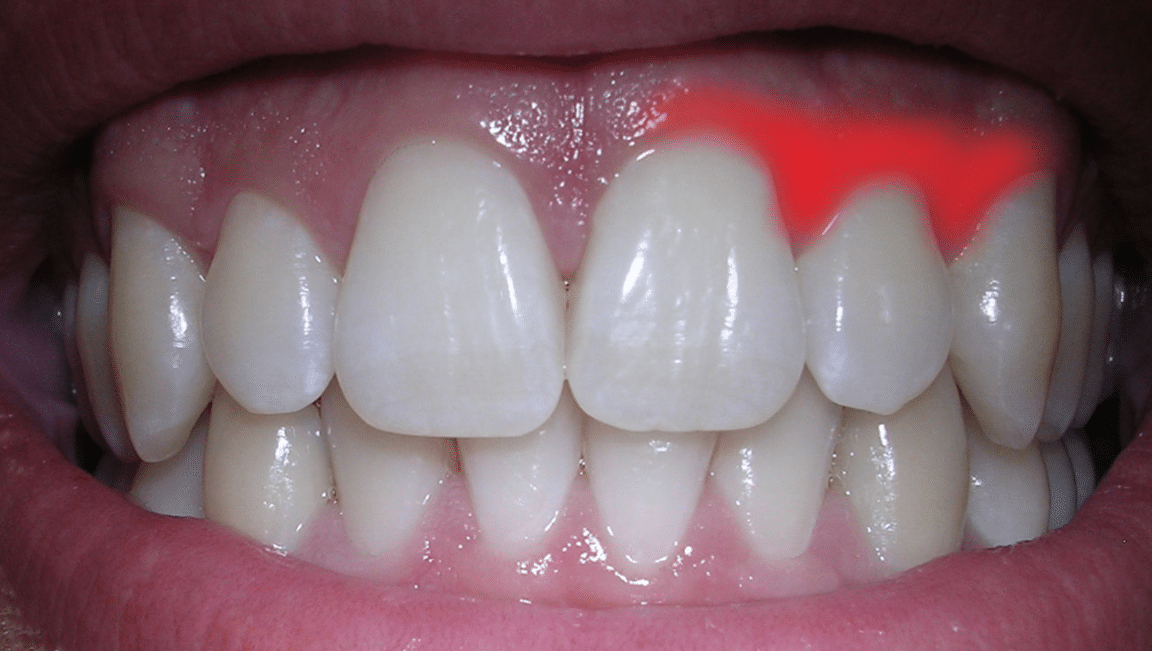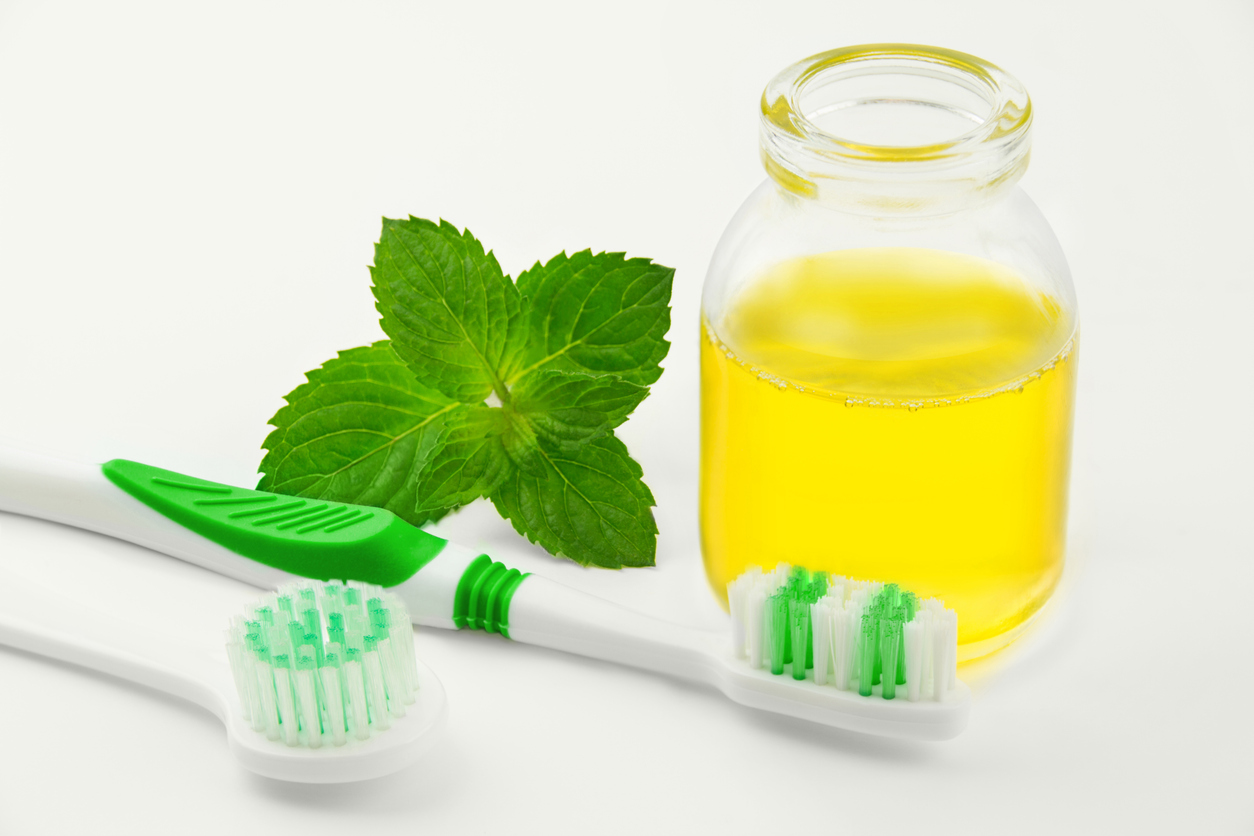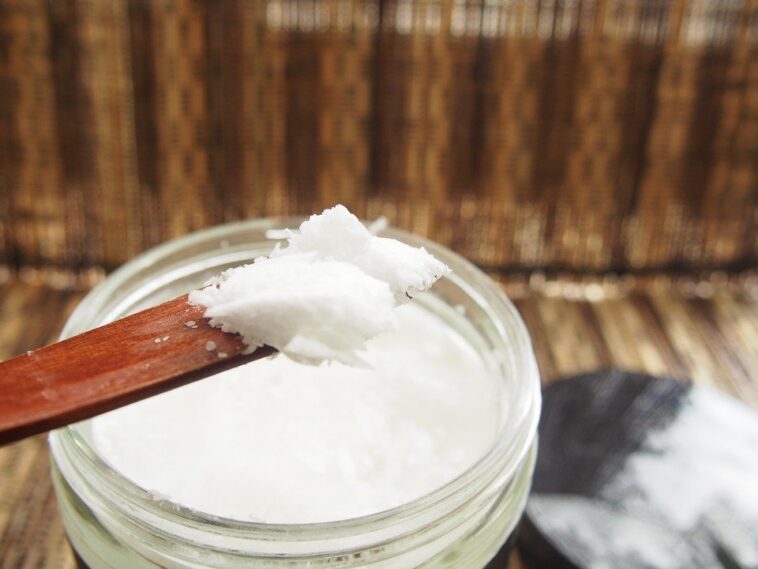When a person has bad breath, we can quickly think that it is due to poor hygiene and yet, sometimes dental problems can be linked to diseases, foods or bacteria that multiply in a less accessible area of the mouth. Mouthwash is then a great help to better combat these problems, complete brushing and regain pleasant breath.
However, there is a gentle alternative technique inspired by ancestral Ayurvedic remedies which consists of making a mouthwash with vegetable oil (a practice called oil pulling or gandouch). Here we are going to give you 4 good reasons to try coconut oil and explain how to do it to combat tartar, bad breath and certain mouth problems (gingivitis, etc.).
1) With coconut oil as a mouthwash, you have less pain
Thanks to its components, coconut oil helps prevent mouth infections, inflammation and pain. Rich in lauric acid, it has antibacterial and antifungal properties which help to eliminate the bacteria responsible for dental plaque. By reducing the proliferation of these pathogens, it also reduces the risk of cavities and oral irritation, helping to soothe pain linked to inflammation, such as that of sensitive gums. Used regularly, it can therefore improve oral health while providing a feeling of freshness and cleanliness.
2) It helps combat mouth and gum aches.

Its fatty acids and its antibacterial power combat the presence of micro-organisms. It is also recognized in the fight against bacteria (Streptococcus mutants) which is the main responsible for dental erosion as well as many problems in the mouth. His anti-inflammatory properties allow it to be effective in the prevention and treatment of gingivitis. Thanks to the oil, bacteria do not have an environment conducive to their proliferation and this reduces residue. It also helps with cavities and bleeding gums.
3) As a mouthwash, coconut oil reduces bad breath
In the less accessible cavities of the mouth, bacteria release gases and residues that cause bad breath. And against this problem, there are not that many solutions: good hygiene, mouthwashes and the use of dental floss. Rather than attacking your mouth with alcoholic products, try testing this oil which will help reduce the number of bad bacteria and therefore bad breath.
4) It makes teeth whiter

It helps eliminate stains that form on the teeth, particularly due to tartar and food remains. You will therefore notice a progressive whitening thanks to this vegetable oil which therefore allows you to have cleaner teeth and to get rid of whitish deposits on the tongue more easily.
How to use coconut oil as a mouthwash?

1) Take a spoonful of oil and use this as a mouthwash for at least 3 to 5 minutes. Some particularly recommend it in the morning, on an empty stomach, but you can do it whenever you want.
2) Throw the oil in a salad bowl or in the trash and not in the sink, because it solidifies with the cold and could therefore end up blocking the pipes.
3) Rinse your mouth with lukewarm water if you have an unpleasant greasy feeling.
Other people even use it like toothpaste with baking soda from time to time, that’s a possibility too! Know that it is edible therefore don’t be afraid of getting sick if you accidentally swallow it. In addition, its taste is pleasant.
Find here a complete article with the best daily uses of coconut oil.
Besides coconut oil, are there other vegetable oils popular as a mouthwash?

In addition to coconut oil, several other vegetable oils are popular for mouthwashes. They work mainly by capturing and eliminating bacteria. They thus naturally improve general oral health, and help prevent cavities and gum inflammation.
Traditionally used in Ayurvedic medicine, sesame oil is rich in antioxidants and unsaturated fatty acids. It has antibacterial and anti-inflammatory properties which help reduce plaque, prevent oral infections and improve gum health. It is therefore a great alternative for those who don’t like coconut oil! Otherwise, sunflower oil is also commonly used for mouthwash. It helps eliminate toxins from the mouth, fight bacteria responsible for bad breath and promote better oral hygiene. Use them like coconut oil and watch your oral hygiene improve naturally.
What about essential oils?
Essential oils are increasingly used as mouthwashes because of their powerful properties. antibacterial, antifungal and anti-inflammatory properties. Among the most popular are thepeppermint essential oilknown to freshen breath and fight bacteria responsible for oral infections. L’tea tree essential oil (or tea tree) is also useful with its antiseptic properties which help prevent gum inflammation and infections. The use of these oils can thus contribute to better oral hygiene while providing a feeling of freshness.
However, essential oils should be used with caution. Being very concentrated, we must always dilute them before usebecause pure application can irritate the oral mucosa. However, this is generally done in a vegetable oil (1 to 2 drops maximum)! If you want to boost the refreshing effect of your natural oil mouthwash to get closer to commercial mouthwash, you can use it, even if it is optional.
Important: you should not do not ingest them and use them moderatelyas excessive use may cause side effects.


